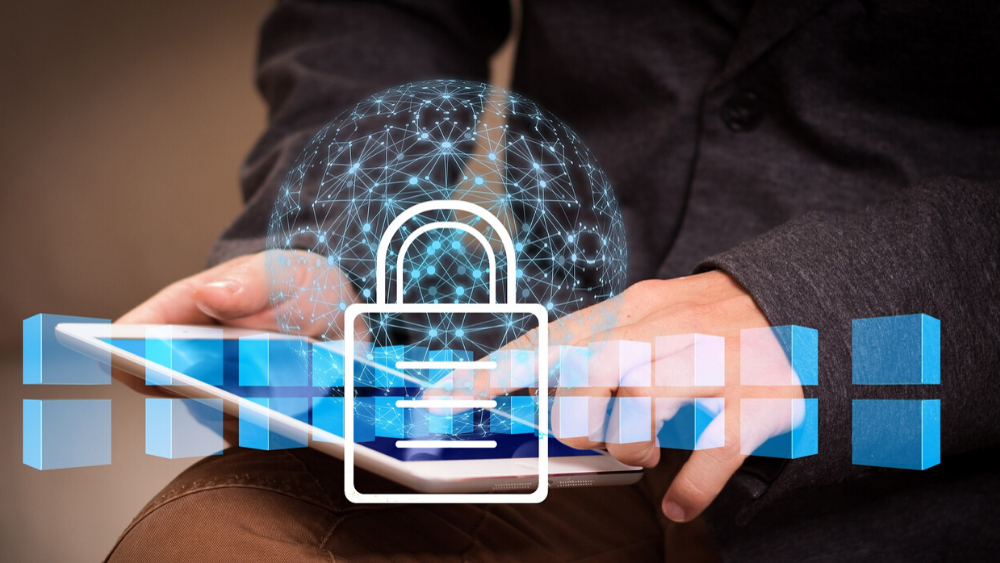Insights
INSIGHTS
All Topics
My Account
Coronavirus: Cyber crimes to look out for
24 Mar 2020by Paul Rubens
It’s a sad fact that cyber criminals will use the current upheaval to their advantage. Charity Digital will be publishing guidance to help keep your remote systems secure
The Coronavirus pandemic has led to people employed by organisations of many types to work from home in unprecedented numbers, and the sad truth is that this presents cyber criminals all around with a huge opportunity to carry out their crimes.
That’s because many organisations including charities have had to implement work-from-home practices at very short notice, cyber security staff are having to manage new work setups without having fully tested their security, and when employees or charity volunteers are distracted, stressed, or simply getting used to new ways of working then inevitably they are more likely to fall victim cyber criminals’ scams. And this has not escaped cyber criminals’ notice.
"Everybody is just so distracted. It definitely presents an opportunity for attackers to be a little bit noisier and a little more aggressive," Jake Williams, a former NSA hacker and founder of the security firm Rendition Infosec, said in a Wired report.
Crane Hassold, a former FBI digital behaviour analyst, added in the same report that even security-conscious employees are more likely to fall for cyber scams when working from home because they can no longer call across the room to check that an email or message purporting to come from a colleague is genuine. "All of this is a perfect storm," he said.
How cyber criminals are exploiting the Coronavirus crisis
Malware and spam attacks
European countries have already come under sustained attack from cyber criminals sending out malicious Coronavirus-related emails, many containing malware in documents and other files supposedly connected to Coronavirus. The UK has been the hardest hit European country, receiving almost a third of these malicious emails, according to a report by cyber security company Trend Micro.
Cyber threats to look out for:
Here are two examples of malicious emails, variants of which many organisations have received. Clicking on the linked or attached documents results in the recipients’ computers becoming infected with malware which may include key loggers, software which steals login credentials or ransomware.
- Fake health advice:
Dear sir or madam,
The NHS continues to monitor an outbreak of a 2019 novel coronavirus ("019-nCoV) in Wuhan City, Hubei Province, China that began in December 2019. The NHS has established an Incident Management System to coordinate a domestic and international public health response
Updated list of new cases around your city are available at [malicious link]
You are advised to go through the cases immediately for safety hazard
- Fake company directives:
All,
Due to the coronavirus outbreak, [company or charity name] is actively taking safety precautions by instituting a Communicable Disease Management Policy. We require all employees to download, read and acknowledge before [date].
[Malicious link]
What you can do to protect yourself:
- Ensure that your computer has effective anti-malware software from a reputable vendor installed. This will be able to detect many, but not all, malicious attachments or malicious links in emails.
Examples of highly rated anti-malware software include Symantec Endpoint Protection, Avast Free Antivirus, Bitdefender Internet Security, and Eset NOD32 Antivirus
- Never click on a link, open an attachment, or download anything based on information your receive from an unexpected email.
Social engineering and phishing attacks
Social engineering usually involves calling members of an organisation’s staff and tricking them into revealing information such as a username and password. They often do this by pretending to be "someone from IT."
In the current circumstances, it is likely that social engineering attacks will be more successful than normal because so many parts of working life have changed. That means that an unexpected call from the IT department asking for your password "so that they can make your network connection faster" may not arouse suspicion.
Phishing attacks follow similar lines but they are communicated by email. A typical Coronavirus phishing email may purport to come from IT staff and ask the user to submit their username and passwords for email or other systems on a linked web page. Some spurious reason will likely be given, such as that with so many people working from home the IT department needs a complete list of usernames and passwords to facilitate the introduction of some new cyber security software.
Another phishing email currently doing the rounds purports to be from John Hopkins University, offering a free Coronavirus threat map to download. The map, which is based on a genuine one made by the university, contains malware which will infect the computer of anyone who downloads it.
What you can do to protect yourself:
- Never act on instructions from an unexpected phone call without verifying that the person is who they claim to be.
- Be suspicious of any emails which contain:
- Requests for personal info
- Odd email addresses or links
- Spelling mistakes or bad grammar
- Generic greetings like dear sir or madam
- Messages that have a sense of urgency and require you to act quickly rather than think rationally
Malicious logins
With staff working from home, many organisations are seeing people logging in to the company systems in far higher numbers than normal, from locations and devices that have never done so before. That means that cyber security systems which flag when new users or new devices log on to these systems from previously unknown IP addresses are no longer effective, especially for the first few days or weeks.
That makes it far easier for a cyber criminal who has guessed a staff member’s login credentials, or who has managed to acquire them through social engineering or phishing, to log on to the network undetected.
What you can do to protect yourself:
- Ensure that your passwords are long and not easily guessable
- Change any that you think you may have revealed it to someone after a malicious email, phishing, or social engineering attack.
Perhaps the best advice in these difficult times comes from Tom Pendergast, Chief Learning Officer at cyber security training company MediaPro, in a Security Magazine report. "That sceptical turn of thought is one we all need to apply with special urgency these days: if you can’t be absolutely sure a request for help or even a request to click a link is legitimate, the best thing to do is to keep scrolling, turn away, or delete it."
More on this topic
27 Feb 2025by Laura Stanley
Charity Spotlight: Dr Anton Mari Lim, President, Yellow Boat of Hope Foundation
Related Content
Recommended Products
Our Events
Charity Digital Academy
Our courses aim, in just three hours, to enhance soft skills and hard skills, boost your knowledge of finance and artificial intelligence, and supercharge your digital capabilities. Check out some of the incredible options by clicking here.



















